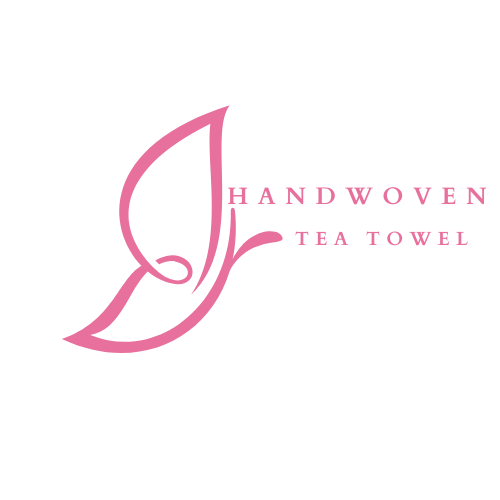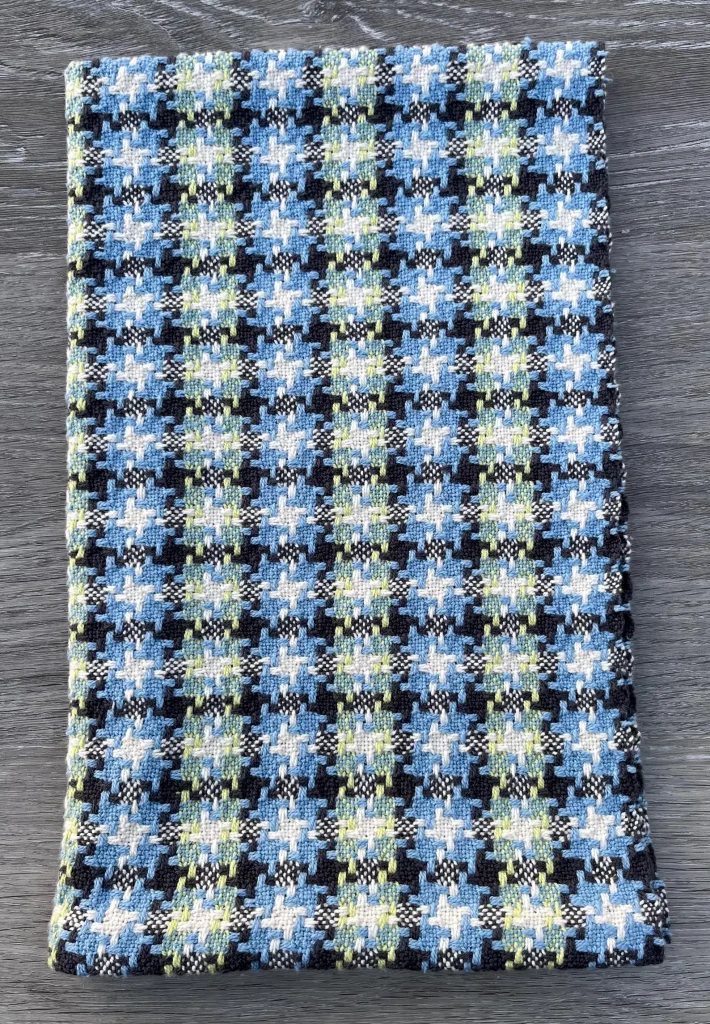News
Handwoven Tea Towel – The Rising Demand for Handmade Craftsmanship
In today’s fast-paced, mass-produced world, there is a noticeable shift in consumer preferences toward handmade and artisanal products. This trend has been fueled by a desire for authenticity, personalization, and high-quality craftsmanship. Whether it’s home décor, textiles, or gifts, people are increasingly drawn to items that tell a story and stand out from the typical mass-market offerings. The growing demand for handwoven tea towels is not just a passing trend—it’s part of a broader movement toward more mindful and meaningful consumption.
1. The Shift Towards Unique and Personalized Products
One of the key reasons behind the rise of handwoven tea towels is the consumer’s desire for uniqueness. In a world where mass-produced textiles dominate, owning something that is one-of-a-kind provides a sense of individuality and exclusivity. Handwoven tea towels allow people to express their personal style and values, making these products more special and meaningful. Consumers appreciate the opportunity to select from different color palettes, patterns, and weaving techniques that reflect their preferences and home aesthetics.
2. Quality Over Quantity
Another driving factor is the preference for quality over quantity. Handwoven tea towels are crafted with great attention to detail, using high-quality materials and time-honored weaving techniques. Unlike factory-made towels, which are designed for speed and efficiency, handwoven textiles reflect the artisan’s skill and dedication to their craft. This results in durable, long-lasting products that stand the test of time. For many consumers, investing in a handwoven tea towel means supporting craftsmanship that prioritizes excellence over mass production.
3. The Ethical Appeal
In addition to quality and personalization, many consumers are drawn to handwoven tea towels because of their ethical appeal. People are increasingly conscious of the impact their purchases have on the environment and society. Handwoven textiles are often produced using sustainable, eco-friendly methods, and buying from small businesses or artisans helps support local economies. For consumers looking to reduce their carbon footprint, choosing handwoven products is an ethical choice that aligns with their values of sustainability and fair trade.
4. The Artisan Renaissance
Artisans and weavers are experiencing a renaissance in today’s market. The resurgence of interest in handmade products has opened up new opportunities for weavers to thrive, both locally and globally. With the rise of online marketplaces and social media platforms, artisans can now reach a wider audience than ever before. Many consumers enjoy connecting with the creators of the products they purchase, learning about the craftsmanship and the story behind each woven piece. This connection fosters a deeper appreciation for the artistry involved and encourages continued support for handmade goods.
5. Customization: The Future of Consumerism
Customization is at the heart of this handwoven product trend. Consumers today expect artisans to offer personalized options that cater to their specific tastes and needs. Whether it’s choosing the fabric blend, customizing the stripe pattern, or selecting natural plant-based dyes, customization adds a layer of personal involvement that makes the final product feel truly special. As demand for personalized items continues to grow, weavers are finding new and creative ways to offer tailored designs, ensuring that each tea towel is as unique as its buyer.
6. Supporting Local and Global Weavers
Another aspect of the handmade movement is the opportunity to support both local and global weavers. Many consumers prefer to buy from small, independent creators, knowing that their purchases directly benefit the artisans and their communities. This support often extends to weavers in developing countries, where handwoven textiles are a vital source of income. By buying handmade, consumers contribute to the preservation of traditional weaving techniques and help sustain communities around the world.
7. The Role of Technology in the Handmade Market
While handwoven tea towels are rooted in tradition, technology has played a significant role in their modern resurgence. Online platforms like Etsy and Shopify have made it easier for artisans to showcase and sell their work to a global audience. Social media also allows weavers to connect directly with consumers, share their weaving processes, and build a loyal customer base. Through technology, the handmade market is expanding, making it possible for more people to access custom handwoven textiles that were once only available locally.
8. Conclusion
The growing demand for handwoven tea towels reflects a shift in consumer values toward authenticity, sustainability, and personalization. As people seek to reconnect with meaningful, high-quality goods, artisans are rising to meet this demand with beautifully crafted, unique items. This trend is likely to continue as more consumers embrace the value of supporting local craftsmanship and creating deeper connections with the products they buy. The future of consumerism is moving toward customization and craftsmanship, where handmade goods take center stage.
This article emphasizes the reasons why handwoven tea towels are gaining popularity and how they align with current consumer values, while also highlighting the opportunities this presents for artisans.

